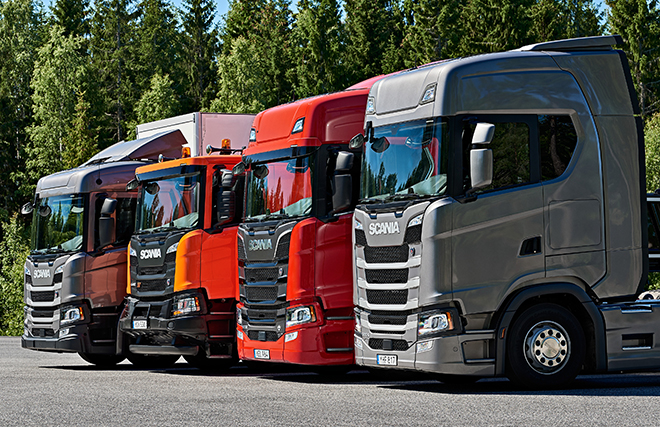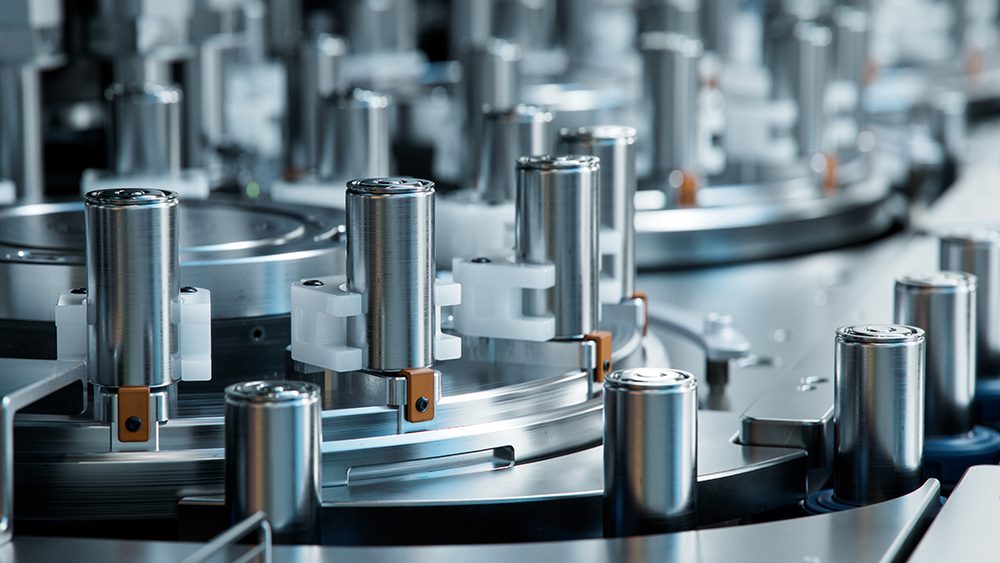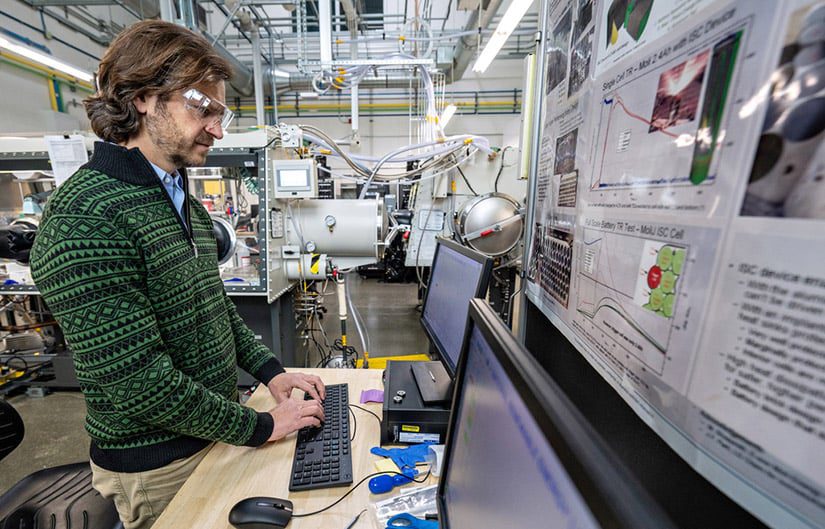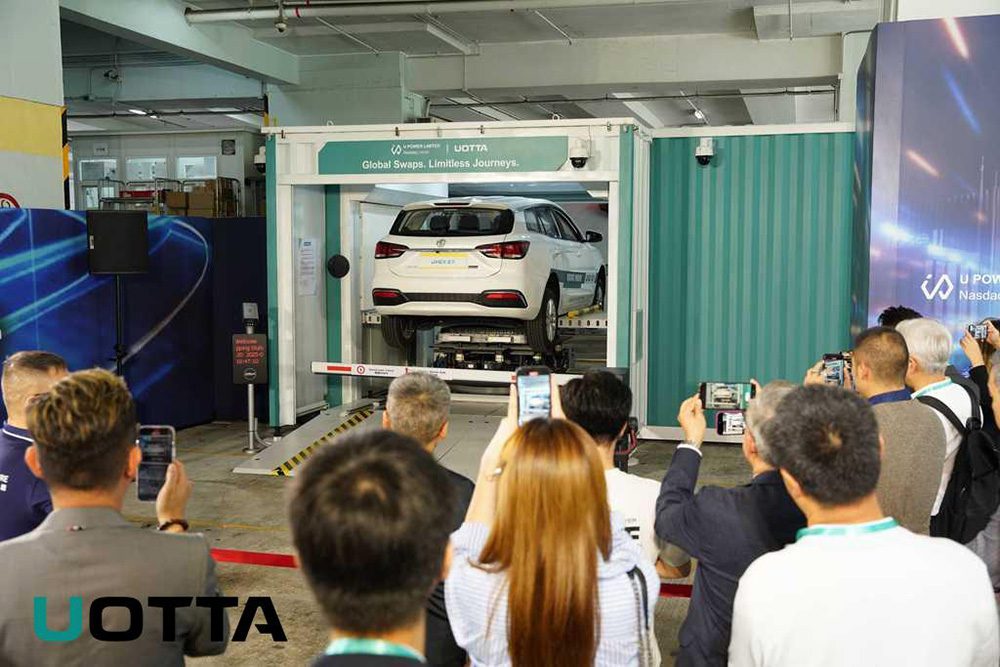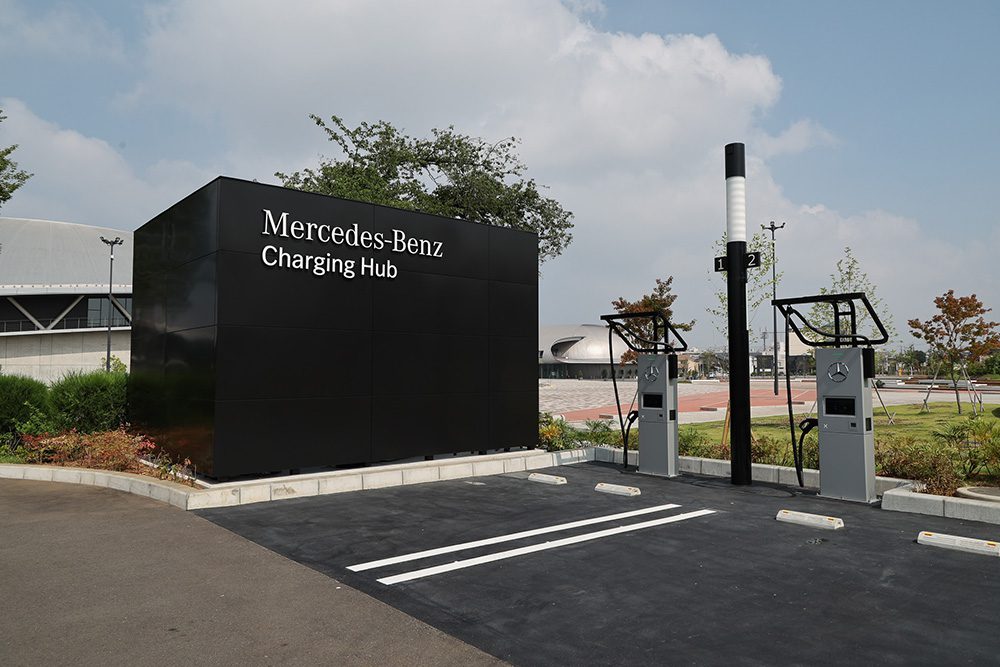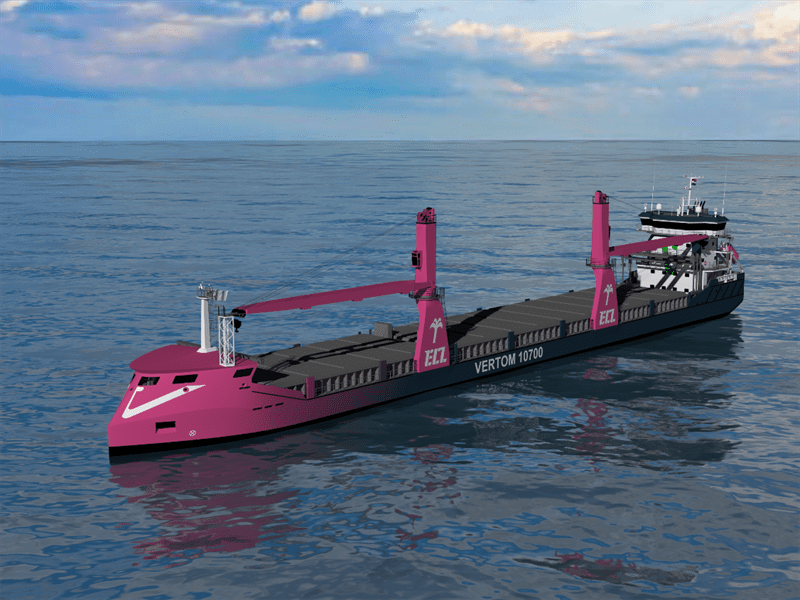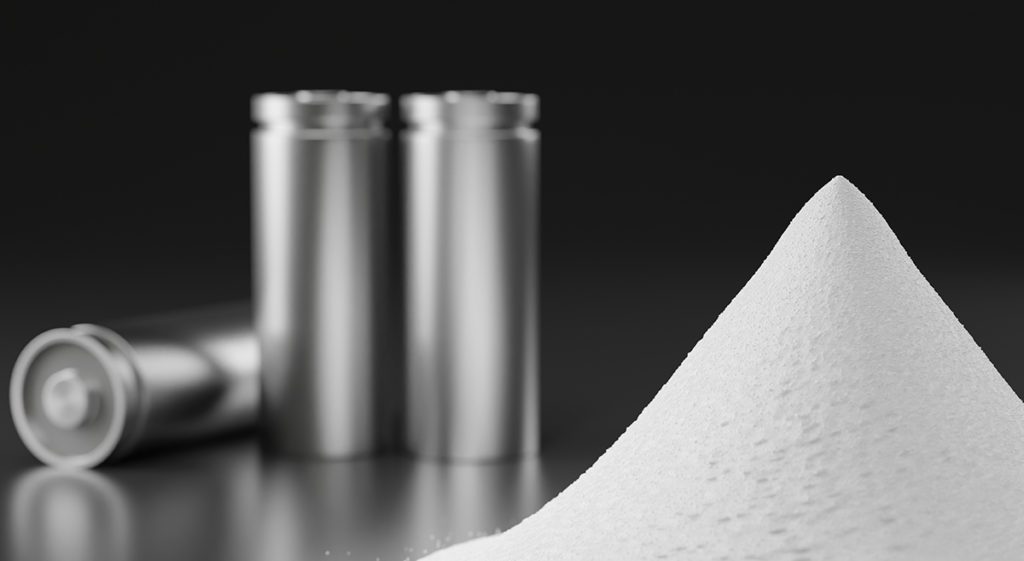Swedish commercial vehicle manufacturer Scania, a subsidiary of the Volkswagen Group, says it will “gradually” electrify its heavy-duty vehicles, and that “battery-electric vehicles will be the main tool to drive this shift.”
“By 2025, Scania expects that electrified vehicles will account for around 10 percent or our total vehicle sales volumes in Europe and by 2030, 50 percent of our total vehicle sales volumes are expected to be electrified,” the company announced.
“We see that battery-electric solutions are the first zero-tailpipe emission technology to reach market broadly,” says Head of Sales and Marketing Alexander Vlaskamp. “We have learnt from the bus segment where transformation started earlier and battery-electric options are in high demand. Scania’s timing in that segment was not optimal, however it provided good experiences and we are presently accelerating with the new Scania bus range. It also gave us good base knowledge as we ramp up the electrified truck business.”
Scania unveiled its first fully electric truck, which has a range of up to 250 km, last September. “In a few years’ time, Scania plans to introduce long-distance electric trucks that will be able to carry a total weight of 40 tons for 4.5 hours, and fast charge during the drivers’ compulsory 45-minute rest,” the company announced, adding that it plans to launch at least one new “electric product application” in the bus and truck segment every year.
Scania explained why its vehicle electrification efforts will focus on batteries rather than hydrogen. “The engineers have gained valuable insights from [the company’s testing of fuel cells] and efforts will continue. However, going forward the use of hydrogen for such applications will be limited since three times as much renewable electricity is needed to power a hydrogen truck compared to a battery-electric truck. A great deal of energy is namely lost in the production, distribution, and conversion back to electricity.”
“Repair and maintenance also need to be considered. The cost for a hydrogen vehicle will be higher than for a battery electric vehicle as its systems are more complex, such as an extensive air and cooling system. Furthermore, hydrogen is a volatile gas which requires more maintenance to ensure safety.”
However, Scania says hydrogen “will play an important role in decarbonization if produced in an environmentally friendly way,” and mentioned steel production and stationary fuel cells as promising future applications.
“We are not closing the door on any possibilities,” says Vlaskamp. “It is clear that Scania’s focus in the here-and-now perspective as well as short-term is a combination of renewable fuels and battery electric vehicles.”







